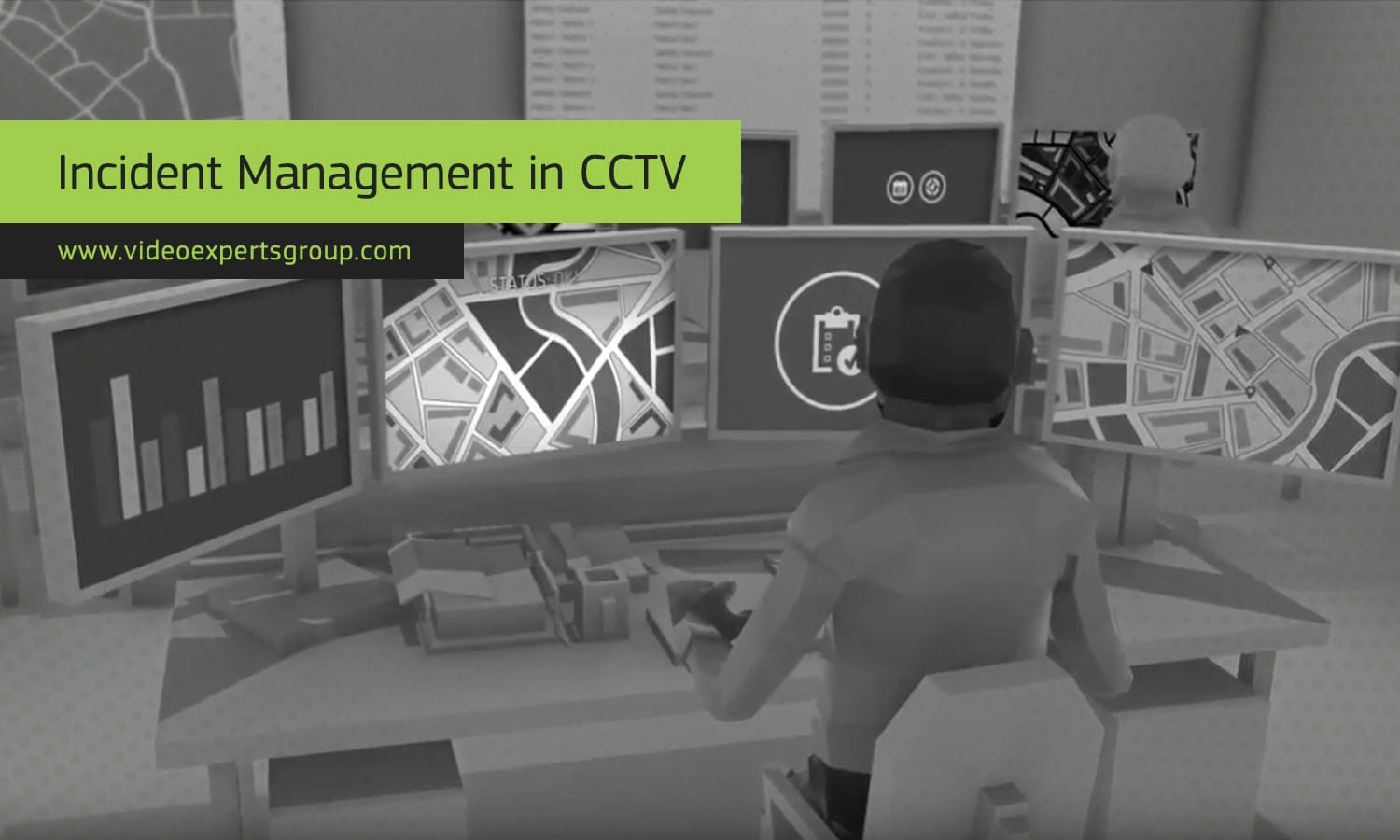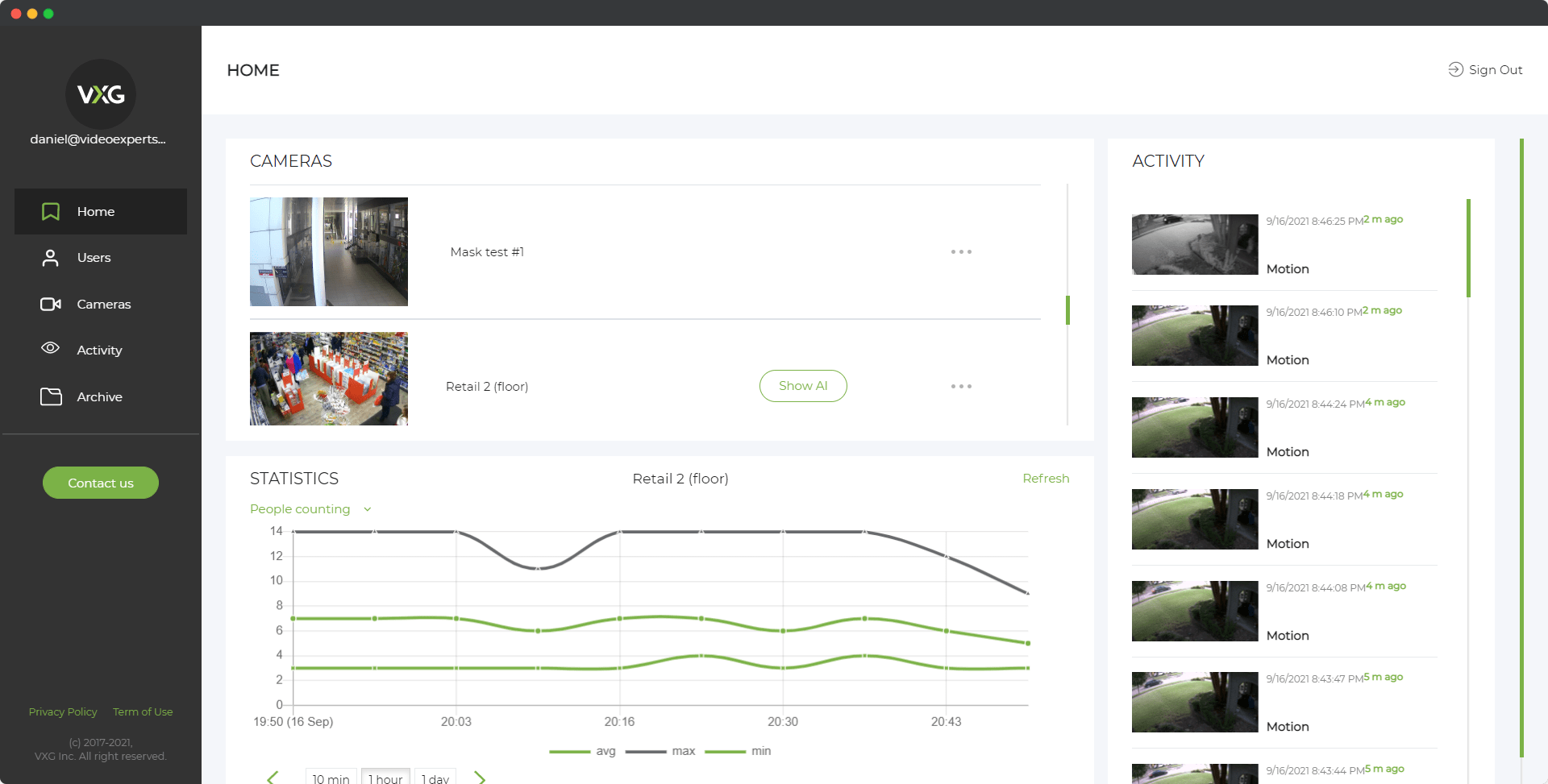In the world of Closed-Circuit Television (CCTV), incident management plays a crucial role in keeping things safe and secure. But what exactly is incident management in CCTV, and why is it so important? Let's dive in and explore.
What Is Incident Management in CCTV?
Incident management in CCTV refers to the process of handling and responding to security incidents captured by surveillance cameras. These incidents could include anything from theft and vandalism to unauthorized access or safety hazards. The goal of incident management is to effectively detect, assess, and address security threats in a timely manner to minimize damage and ensure the safety of people and property.
Types of Incident Management in CCTV
- Detection: The first step in incident management is the detection of security incidents through surveillance cameras. This involves monitoring live video feeds or reviewing recorded footage to identify any suspicious or abnormal activities.
- Alerting: Once a security incident is detected, the video management system generates alerts to notify security personnel or relevant authorities. These alerts can be in the form of audible alarms, email notifications, or mobile app notifications, depending on the configuration of the system.
- Assessment: After receiving an alert, security personnel must assess the situation by reviewing the captured footage and gathering additional information if available. This helps determine the severity of the incident and the appropriate response measures to be taken.
- Response: Based on the assessment, security personnel formulate a response plan to address the security incident effectively. This may involve dispatching on-site security personnel, contacting law enforcement, or initiating emergency protocols to mitigate the threat.
- Resolution: Once the response plan is executed, efforts are made to resolve the security incident and restore normalcy. This could include apprehending suspects, repairing damage, or implementing preventive measures to prevent similar incidents in the future.
- Documentation: Finally, all relevant information related to the security incident, including video footage, incident reports, and response actions, is documented for future reference and analysis. This documentation is valuable for identifying patterns, improving security procedures, and providing evidence for legal proceedings if necessary.
Importance of Incident Management in CCTV
Effective incident management in CCTV is essential for maintaining a safe and secure environment for individuals, businesses, and communities. Here are some key reasons why incident management is important:
- Preventive Measures: Prompt detection and response to security incidents can help prevent crimes from occurring or escalating, thereby deterring potential perpetrators and protecting assets.
- Quick Response: Timely response to security incidents can minimize damage, reduce losses, and increase the likelihood of apprehending suspects before they can escape or cause further harm.
- Enhanced Safety: Incident management ensures the safety of individuals within the surveillance area by enabling swift action in the event of emergencies such as fires, medical emergencies, or security breaches.
- Legal Compliance: Proper incident management practices help organizations comply with regulatory requirements and legal obligations related to security and surveillance, reducing the risk of penalties or liabilities.
- Continuous Improvement: By analyzing past incidents and response actions, organizations can identify areas for improvement in their security procedures, technology, and training programs, leading to enhanced effectiveness and efficiency in incident management.
Incident management in CCTV is a vital component of any comprehensive security strategy, enabling proactive detection, rapid response, and effective resolution of security incidents to safeguard people, property, and assets.
















